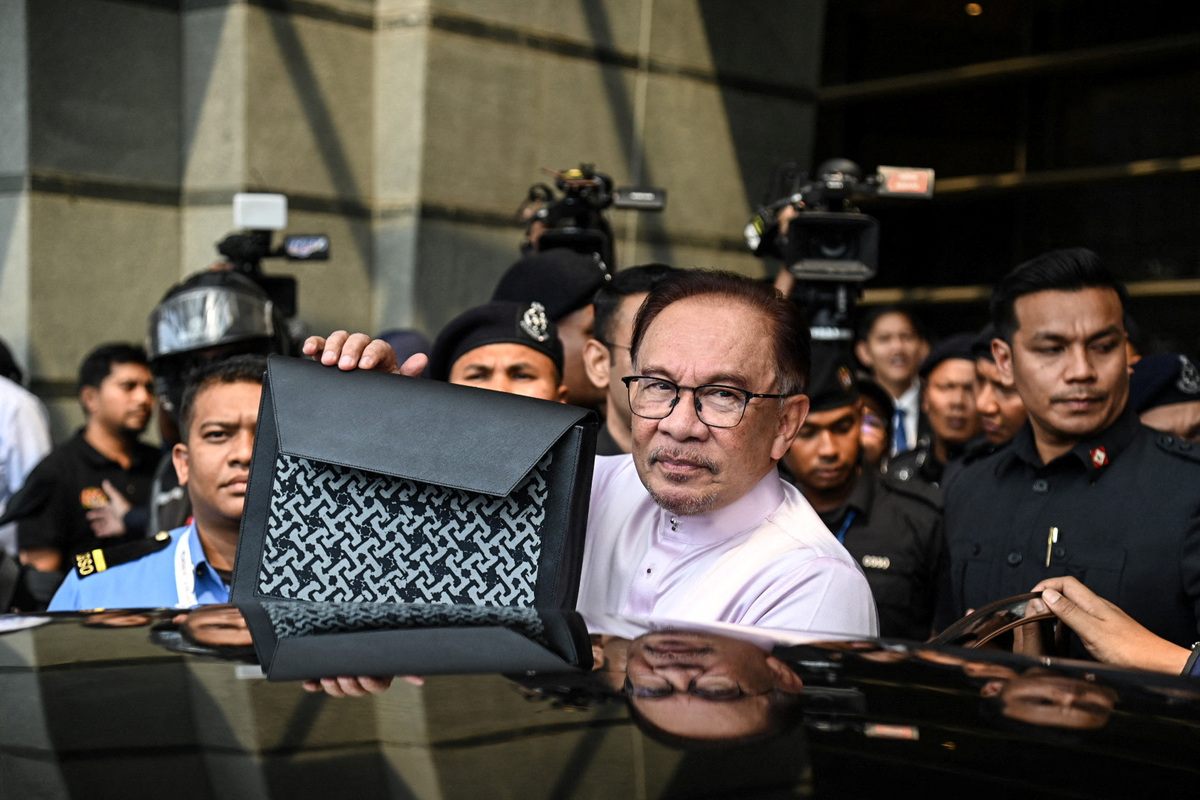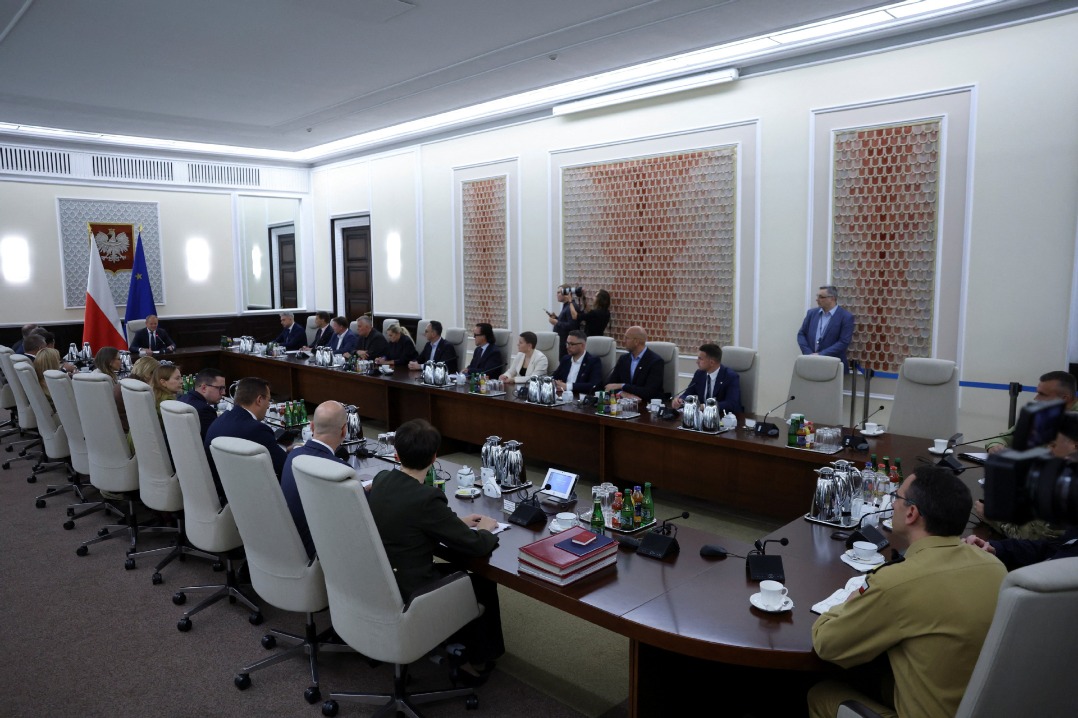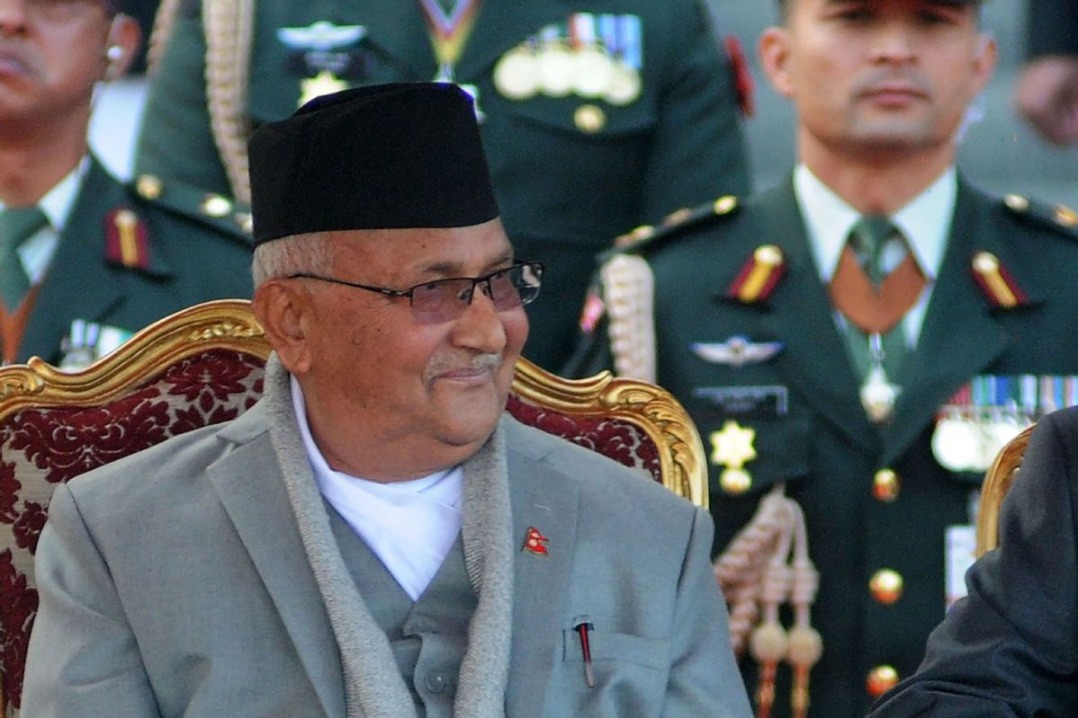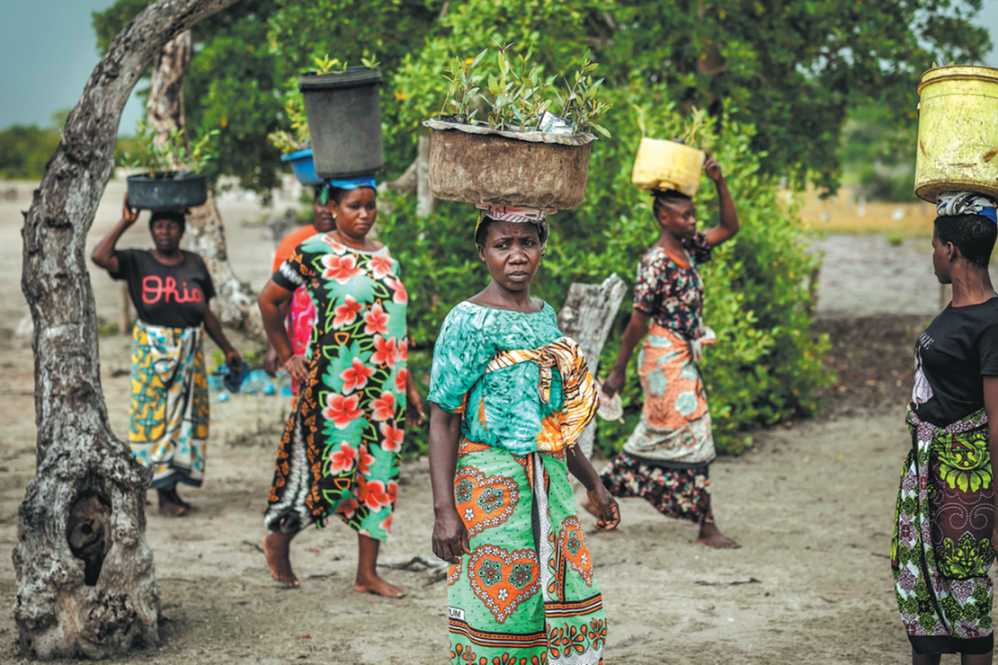Malaysia announces livelihood-prone record budget


Malaysian Prime Minister Anwar Ibrahim has proposed a 393.8 billion ringgit ($83.5 billion) federal budget for 2024, more than 40 percent of which were allotted for the finance, education and health ministries.
This is the largest-ever budget tabled for Southeast Asia's third-largest economy. Anwar, who also serves as finance minister, on Oct 13 presented the proposed budget to the parliament which takes weeks to debate.
Anwar said Malaysia's economy is expected to grow by 4 percent in 2023 and up to 5 percent next year, while revenue collection for 2024 seen at nearly $65 billion, from $64 billion in 2023.
The Malaysian government is targeting to spend almost $11 billion for subsidies and social assistance. But Anwar said that the government will focus on plugging the current subsidy system and will focus on targeted subsidies that will benefit the lower-income group.
"Economic policy should be directed towards economic growth and equality. However, what has happened is that the amount of subsidies (given out) has benefited the rich," Anwar said in his speech, according to a report filed by Channel News Asia, a Singapore-based media company.
Malaysia currently has blanket subsidies for fuel, cooking oil and rice.
Anwar said the maximum cash assistance would be increased from $655 to over $780 per person. This is expected to benefit almost nine million people, or 60 percent of the country's population, helping them to cope with rising cost of living.
He said a total of $550 million will be allocated for various subsidies and incentives for rice farmers and fishermen.
Zamros Dzulkafli, economist at the Maybank Investment Banking Group, said inflation risk in Malaysia "remains biased to the upside", noting that the government has started implementing targeted subsidies early this year.
He cited high-income households have been excluded from electricity subsidies at the start of the second half of 2023.
"At the same time, we are mindful of El Nino-related food inflation risks, especially with the upward pressures in rice prices in recent months. This is attributed to global shortage in rice supply following adverse weather conditions due to El Nino and major rice producers like India banning rice exports," Zamros said.
The Malaysian government will also implement several taxation reform measures next year to broaden the country's revenue base. Prime Minister Anwar said the government plans to increase the service tax rate to 8 percent, but this excludes services such as food and beverages and telecommunications. Capital gains tax will also be imposed for the disposal of unlisted shares by local companies based on the net profit at a rate of 10 percent starting March 1, 2024.
Anwar said the government will enact a new law to tax certain luxury items such as jewelry and watches.
Geoffrey Williams, professor and dean of the Institute of Postgraduate Studies at Malaysia University of Science and Technology, said the proposed budget for 2024 includes "a list of extra spending commitments". But he noted this list is "rightly focused on areas where the government should be spending rather than a list of projects cascading to special interests. Again, this shows clearer focus and better fiscal responsibility".
Williams said tax reforms, including the higher services tax, are focused on higher earners and protect low-income groups. "This will help the expected increase in revenue and shows that small but meaningful tax changes can be helpful." he said.
Wan Suhaimie Wan Mohd Saidie, head of economic research at Kenanga Investment Bank, said the proposed tax reforms would "move the needle but not as much as what we expect".
"I think the current government seems to be careful to not put too much burden on the middle class. They may do it in phases as the economic environment improves," Wan Suhaimie said.

































